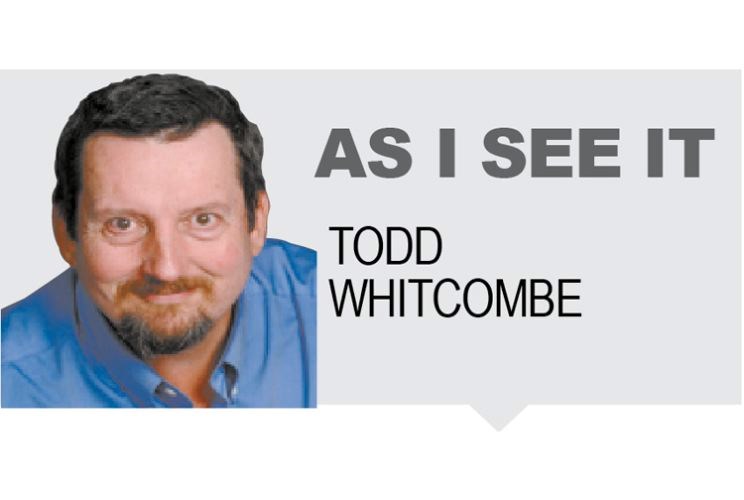I recently finished reading George Orwell's 1984 again.
It is one of those books I read every 20 years or so and in many ways it has held up well.
For those who haven't read it or don't remember it well from high school, the story is about Winston Smith who works in the Ministry of Truth rewriting history.
At one point, he latches on to information showing the whole government is a scam and joins a revolutionary group to fight the system.
But it turns out Big Brother or the State is on to him from the start.
He gets caught by the Thought Police, imprisoned and eventually broken by interrogators whereupon he is released to live out his days until he finally comes to understand that he loves Big Brother. (The book is a lot more detailed!)
Orwell wrote the book in the aftermath of the Second World War and with the looming rise of communism in Russia and Eastern Europe.
As he saw it, collectivism was the downfall of civilization.
The idea of controlling commodity production and prices would lead to shortfalls and hoarding. It would eventually lead to long lineups and a much poorer society. One could make the argument he was right if we use the Soviet Union as the test case.
The other central idea he addressed was the notion of content control in the media.
The government had an official line and all citizens were expected to swallow it, hook, line and sinker.
There was no questioning the official broadcasts nor denying the truth of what was said.
A free press - in Orwell's book - would have been the enemy of the government and according to the doublethink of Big Brother the enemy of the people.
Where have I heard that recently?
Orwell goes on to point out control of the present - of the current media - leads to control of the past which will allow for control of the future.
For example, if every record of U.S. President Trump calling Meagan Markle "nasty" was deleted, would it ever have happened? Sure, we would all remember it but how many times have you been confronted by your family or friends saying something you remembered is wrong? And do you give in?
It takes a lot of courage or certainty to deny the collective view of those around you.
Perhaps more to the point, we are continually rewriting our collective history.
For example, somewhere in my school days, I was told the printing press was invented by Gutenberg.
He printed the Gutenberg Bible and started a revolution in reading.
Except the printing press predates Gutenberg by several hundred years. It was invented in China and had been used for any number of documents including the production of paper money. Our collective history is inaccurate.
There are lots of other examples of historical inaccuracies which we take for granted as part of our collective past such as Columbus discovering America or the Greeks thinking the world is flat. The Vikings visited North America long before Columbus and no ancient civilization believed the world was flat. The Greeks actually had a reasonably estimate of just how large the planet is.
In any case, we engage in writing the story of ourselves and can engage in rewriting.
Which leads to the question of what constitutes news. What is the truth about what people say or do? What do you remember?
And for that matter, does it change anything?
We are headed into an election cycle over the next four months. Television advertisements are already appearing with their own version of history displayed.
We will invariably be hearing how the Liberals are destroying the economy or allowing illegal aliens to stream across the border. And how Conservatives are all racist homophobes who will undo the social safety network while giving tax breaks to the rich.
Or how the NDP would drive the country further into debt with a tax-and-spend approach which would force companies to move overseas.
None of these are true depictions of any of the parties. They are the sort of crafted messages generated by the spin-doctors and media companies to paint their party in the best possible light and to use half-truths to disparage the opponents.
But by controlling the narrative, there will always be some for whom confirmation bias will make everything their party says sound reasonable and right.
We are not in the state of Big Brother and 1984.
There is still a free press in our country which will be engaged in fact checking and balanced coverage.
But we are getting closer to a world in which history is being written and rewritten to fit the present and not as a bastion against which nonsense crumbles.
Hopefully, we will never have a Ministry of Truth.



